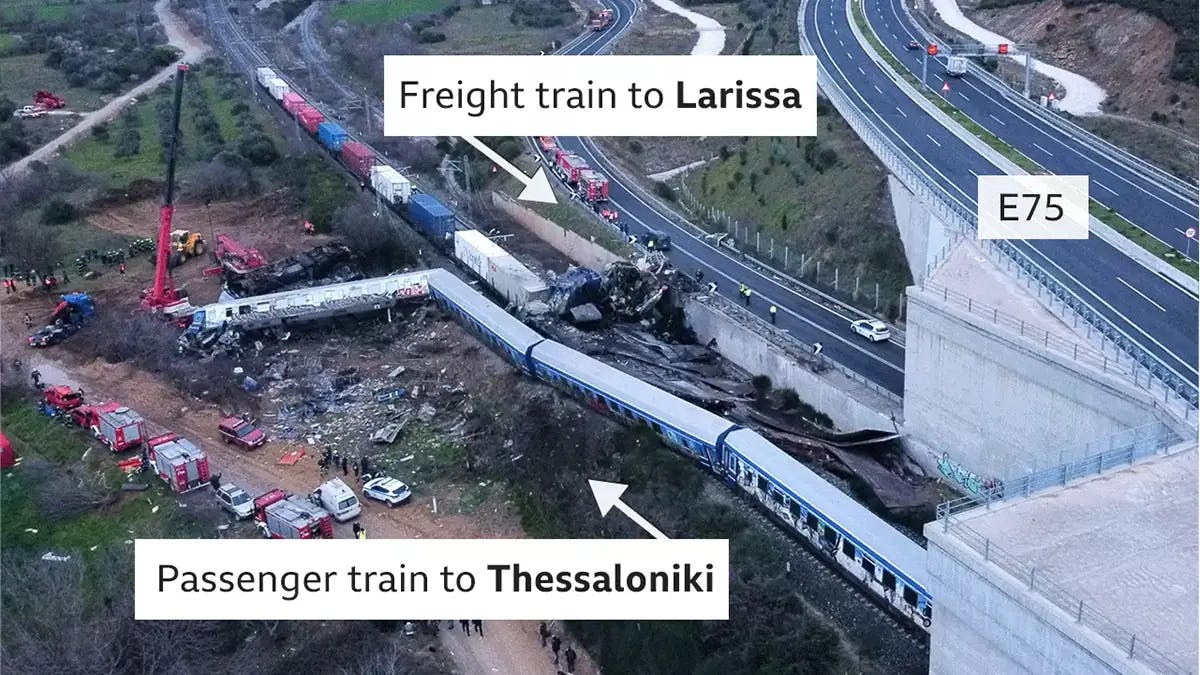Highlights of the week of February 27 to March 5

Historical agreement on sea protection
An agreement was signed at the UN headquarters in New York and will last until 2030. According to this treaty, 30% of the seas and oceans will become protected areas. The treaty provides water territory protection laws for the restoration of marine life.
This agreement was called historical for a reason. It was negotiated for more than 10 years. The main disagreements arose over fishing rights and financial issues.

The most recent instrument for sea protection was signed in 1982 — the UN Convention on the Law of the Sea, also known as UNCLOS. But despite the agreement's significance, which some 160 countries have joined, about 10% of marine species have become endangered.
It was obvious that the rules and regulations needed revision, and now the participating countries were able to find a compromise.
Strikes in Europe
Norway. The activists, led by Greta Tunberg, blocked the Ministry of Energy. Their action aims to draw attention to the wind farms located in the Fosen region in central Norway. The activists demand the removal of more than 150 turbines because they frighten the animals that the Saami, an indigenous ethnic group, have been grazing here for centuries.
France. French people continue to strike against Macron's pension reform. This Friday, a few days ahead of the deadline announced by the unions, nuclear power plant workers announced a protest.
As early as Saturday, the amount of power generated was down by 2.1 GW. This is almost equal to the capacity of the two reactors.

Belgium. Thousands of farm tractors paralyzed traffic in Brussels. Farmers are protesting against new rules and regulations on nitrogen emissions. According to the unions, the reform will force many to reduce their livestock, and some will simply go bankrupt.
A similar problem is observed in the Netherlands. These two countries are quite dependent on livestock farming, and nitrogen concentrations in soil and water here usually exceed EU limits.
Railroad disaster in Greece
A passenger train with 350 people on board collided with a freight train on Tuesday. Both trains happened to be on the same tracks, and the accident resulted in several cars carrying people catching fire.
Over 60 people are currently known to have died. The responsibility has already been claimed by the station chief in Larissa and the Minister of Transportation, Kostas Karamanlis, who immediately resigned.

The dissatisfaction with the state of the railroads and their handling, which had accumulated over many years, exploded into the open. The railroad workers went on strike the day after the disaster. Their demands are simple: pay attention to the condition of the entire transport system, which has been hardly financed for the last few years.
At the same time, people are waiting for justice and decisive action from the government. National mourning is declared in Greece.



